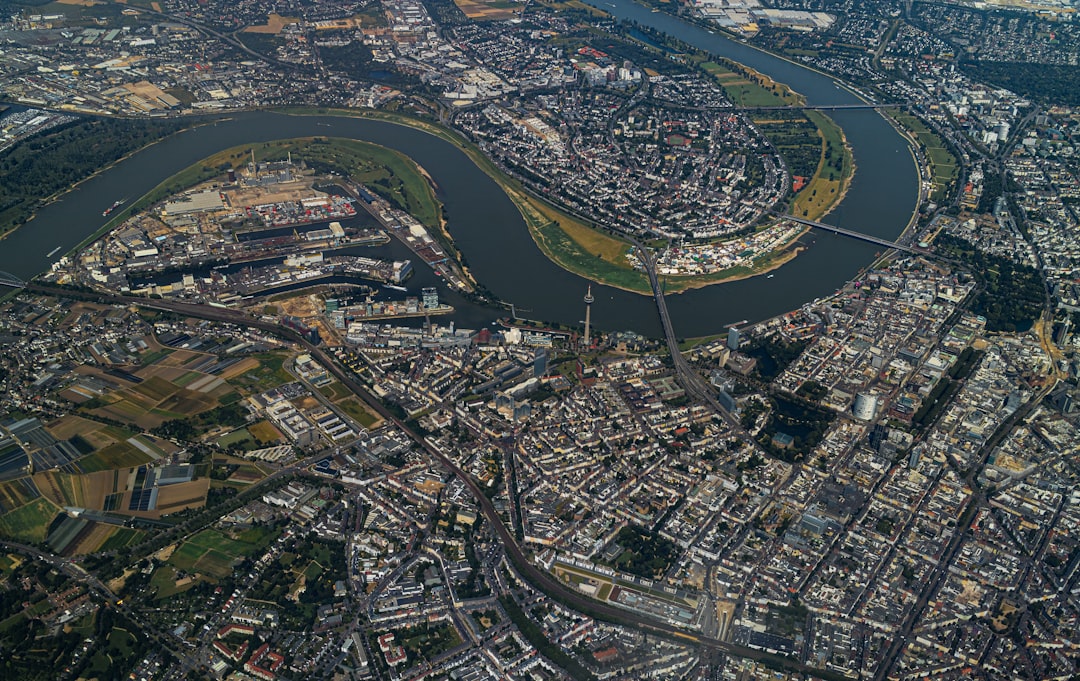The Rhine is running dry
On whether the water shortages on Germany's major river are a result of climate change and why they've got industry so scared.

Background
Water levels on the mighty Rhine river have dropped to record low levels, raising fears that transport along the key waterway will be brought to a standstill. One river gauge on the border to the Netherlands even clocked a measurement of minus one centimetre on Wednesday morning - the lowest point ever recorded.
While ships are still able to navigate the river (the gauges don’t record the depth of water in the shipping lanes) the barges that travel Germany’s “water autobahn” are only able to carry around a third of their normal freight. That means more barges are needed to transport the same amount of cargo - driving up costs.
The Rhine and the Danube might not be the key to the wealth of modern Germany like they were to the craftsmen of the Middle Ages, but they are still pretty darned important. It is true that river freight makes up less than seven percent of overall freight in Germany, but it is what is transported on the rivers that makes them essential. River barges specialise in importing the raw energy - like petroleum and coal - that keep the lights on.
And with Germany acutely vulnerable to energy shortages due to the gas standoff with Russia, the drought couldn’t have come at a worse time.
If petrol can’t be carried up the river, prices at the pump will be pushed up even higher. Meanwhile ‘dirty’ fossil fuels are coming back into fashion - the German government has decided to fire up 16 mothballed coal and oil-fired power stations to fill the gap in electricity needs. The Rhine is one of the most important import paths for coal and several major power stations are situated on its banks.
Keep reading with a 7-day free trial
Subscribe to The German Review to keep reading this post and get 7 days of free access to the full post archives.


